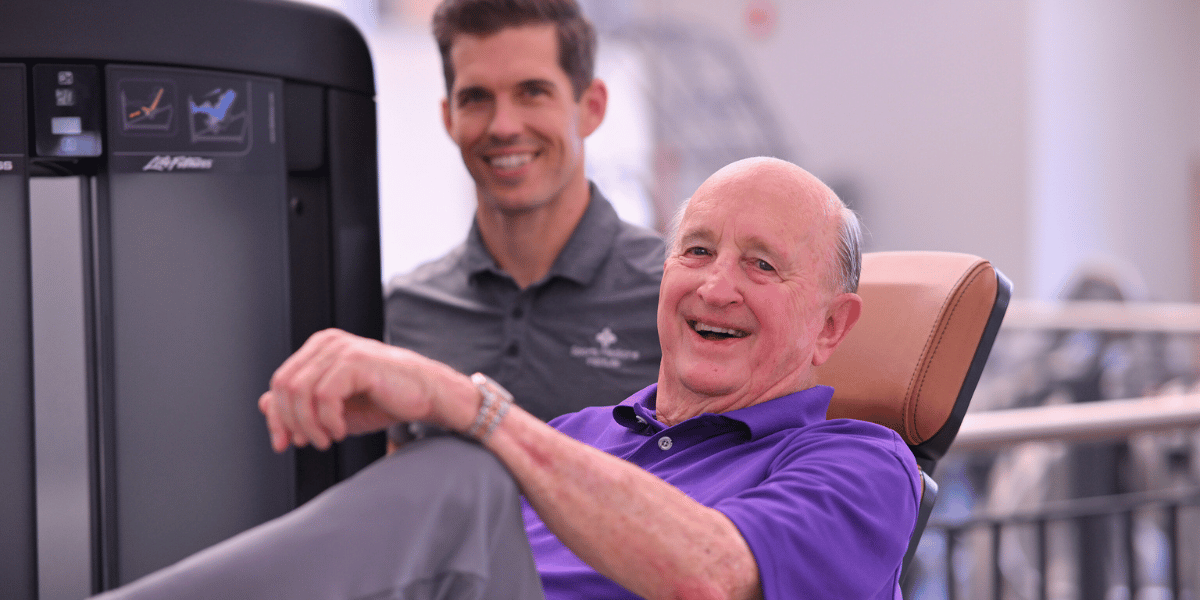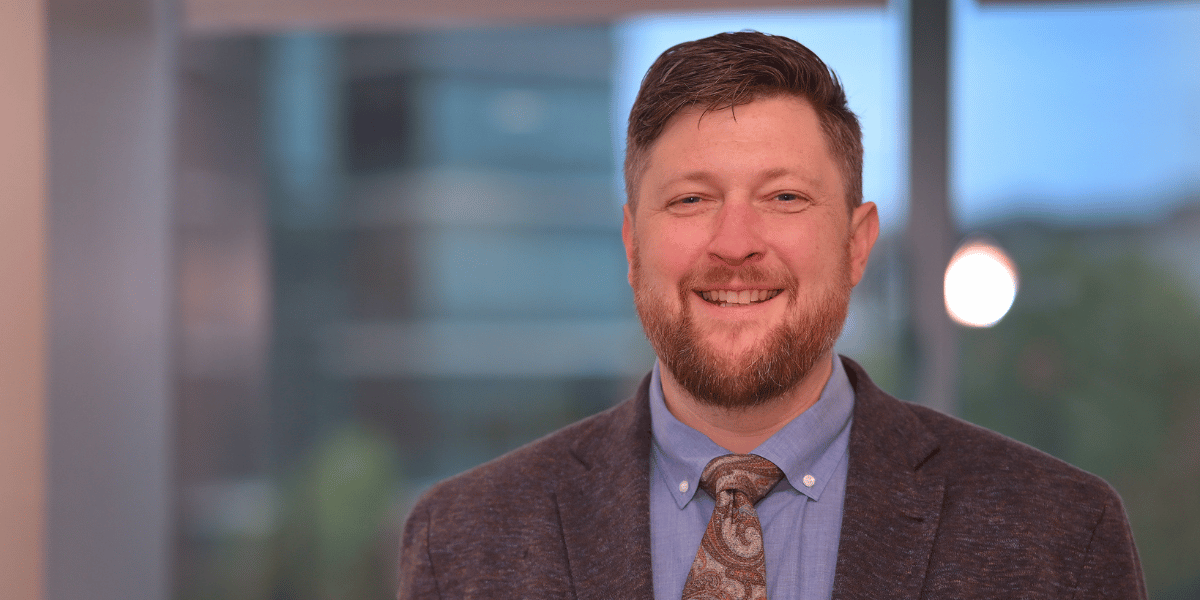
Return-to-play collaboration returning athletes to the field after injury
If you’re an athlete who has suffered an injury, Spartanburg Regional Healthcare System’s Sports Medicine Institute has a program designed to help you bounce back.
The return-to-play program is a collaboration of the orthopaedic, physical therapy and sports performance teams and cares for people completing therapy after an injury who are looking to return to a sport or activity.
“Return to play is for people who have used our physicians and physical therapists to rehab something, whether it involved surgery or was non-surgical, and they are finishing up,” said Gary Hazelwood, sports performance supervisor. “They’re being discharged because they’ve built strength and stability, but that doesn’t always mean they are ready to go back into their sport or activity.”
The return-to-play program builds on the progress made in physical therapy to improve performance. It focuses on speed, power, agility, strength and endurance. The program ranges from eight to 16 sessions.
“Our physicians and physical therapists have gotten them strong and structurally sound, but when they go back into play, they also need to be powerful and explosive,” Hazelwood said. “Return to play can do more sports movement activity and get them ready for their game.”
The program, now in its 10th year, is open to people of all ages. Hazelwood said participants are an even mix of young athletes looking to return to a team sport and older adults looking to get back on the golf course or tennis court.
Bill Turrentine, 83, is working to be able to play pickleball again. He played tennis until about two years ago, when he was hospitalized for nearly a month with a serious illness.
“I could barely walk when I got out of the hospital,” Turrentine said.
He visits Hazelwood twice a week, working on upper and lower body strength and stretching. He now walks 7,000 steps a day and is able to go up and down stairs.
“I’ve come a long way,” Turrentine said. “Gary works with you at your pace, and I’ve definitely gotten stronger and better. I’m very fortunate, to be honest.”
For more information on the Sports Medicine Institute return to play program, visit Go.SRHS.com/SMI or call 864-560-5700.












